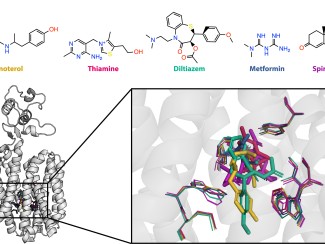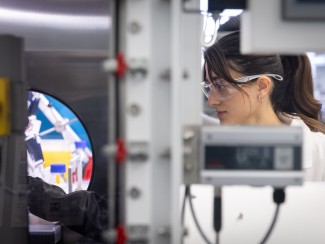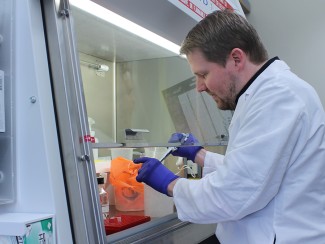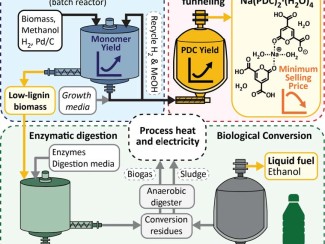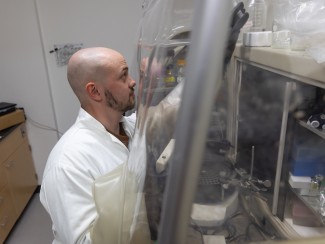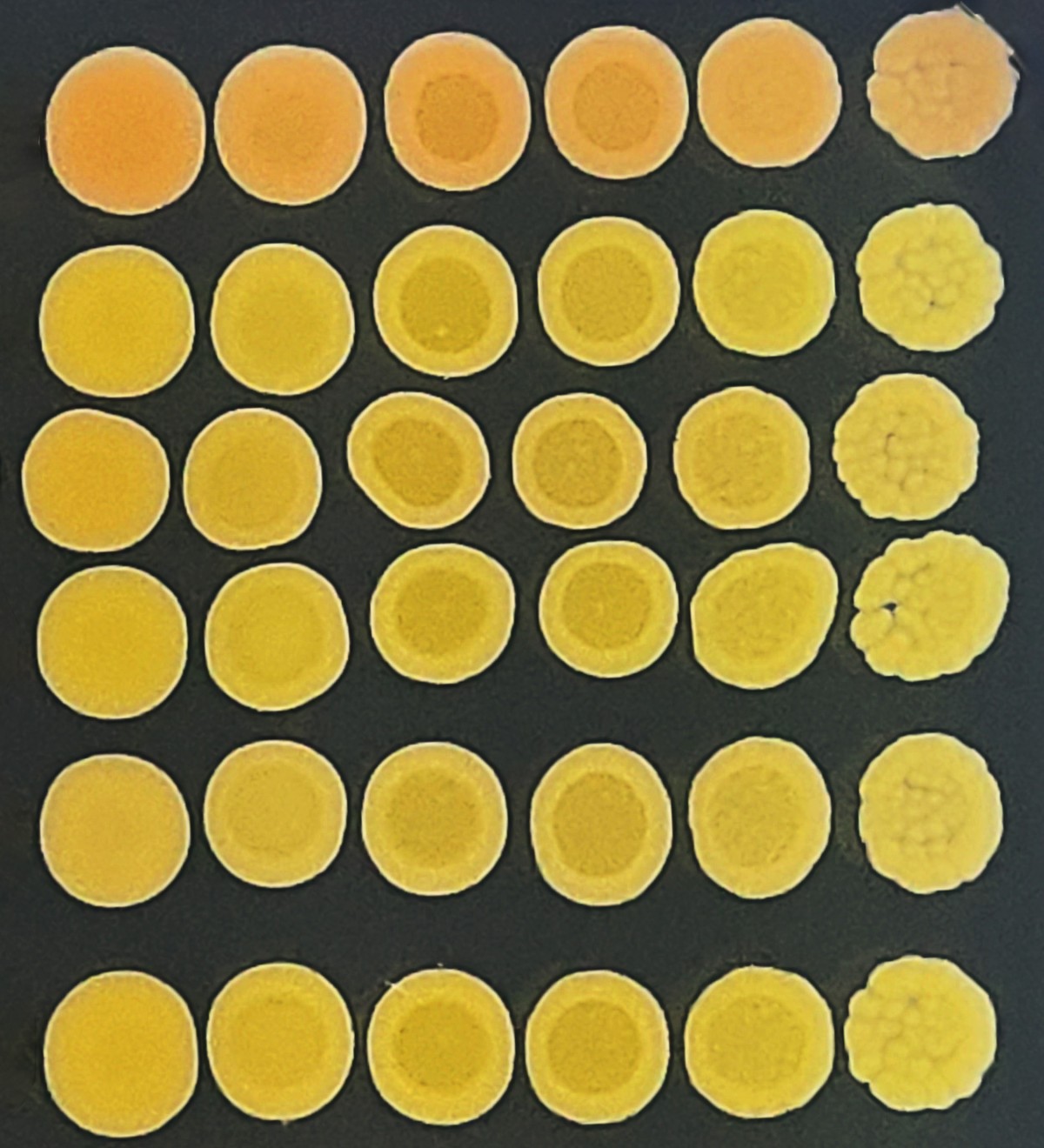
The Science
Some bacteria have features that make them good for understanding biology and for developing new technologies. For example, Zymomonas mobilis, Novosphingobium aromaticivorans, and Rhodobacter sphaeroides can convert carbon from plant fibers into liquid fuels and chemicals traditionally made from petroleum but need to be genetically modified to optimize their output. While straightforward genetic tools have been developed to modify Z. mobilis, it has been more challenging to modify the other two. In this study, researchers expanded the genetic toolkit for N. aromaticivorans and R. sphaeroides, making it easier to adjust the functions of individual genes.
The Impact
Increasing our understanding of the microbial world can improve human health, agriculture, and the environment. Plant-based fuels and chemicals can replace fossil fuels and petrochemicals, the primary drivers of climate change. Microbes that are good at this type of conversion are challenging to engineer, creating a need for more genetic tools to produce economically viable industrial strains.
Summary
Scientists with the Great Lakes Bioenergy Research Center demonstrated that a technique called Tn7 transposition is an effective approach for introducing engineered DNA into the chromosome of N. aromaticivorans and R. sphaeroides. They screened a library of artificial DNA sequences (synthetic promoters) that control when and how much a gene is expressed, or converted to RNA and then protein, to identify inducible promoters with strong, regulated activity in both organisms. Combining Tn7 integration with promoters from the library, they established CRISPR interference systems for N. aromaticivorans and R. sphaeroides that can target essential genes and modulate engineered pathways. These genetic tools will allow researchers to add new genes and turn existing genes off or on with the ultimate goal of optimizing biofuel or bioproduct yields.

